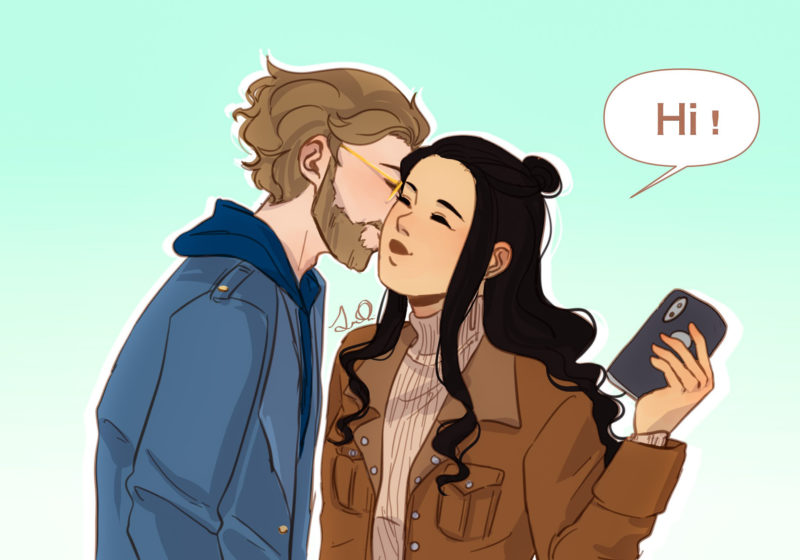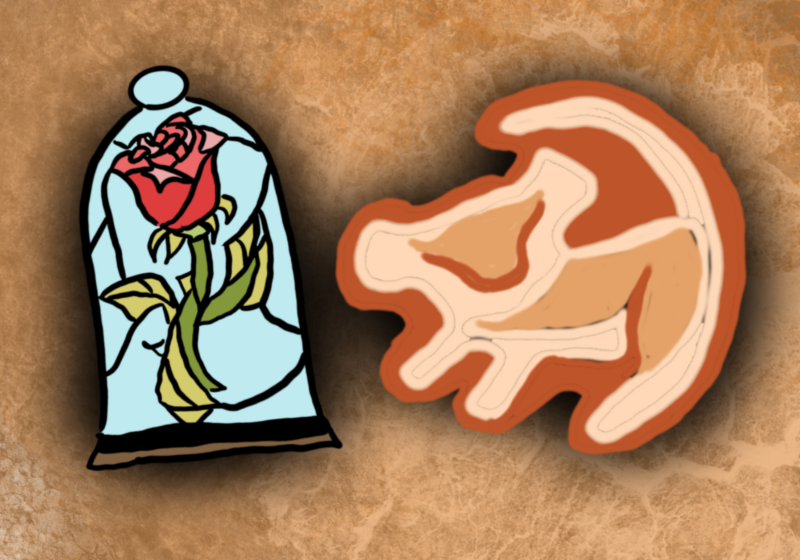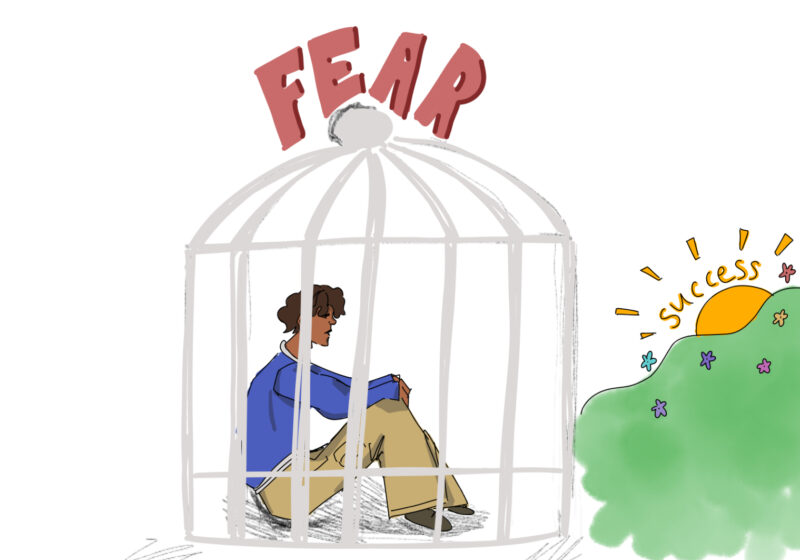Different countries have wildly different forms of greeting.
In the United States, when you first meet someone, handshakes are the norm. When you pass by someone you know, a nod is acceptable. My observations tell me that when we see a friend, we usually nod up. But when we see people older than us, we nod down. Recently, I learned that in Latin countries, a firm handshake is considered rude, while in Ireland, seeing someone far in the horizon might as well be a violation of personal space.
In my home country, Mauritius — an island off the coast of Madagascar — when women meet each other, or when men and women meet, they usually kiss each other on the cheeks. This is also common in France, where the act is called faire la bise. However, I learned the hard way that this is not a universal norm.
When I was 15, my family and I went on a trip to Madagascar. It was a business trip for my father, and a vacation for the rest of us. Now, Madagascar, like Mauritius, is a former French colony. However, they did not inherit the cheek-kissing tradition from France. Nobody told me that.
One evening during the trip, one of my father’s colleagues came to visit us, along with her family. When they came in, my parents greeted the adults with la bise — the kiss. I believe my father already had a prior conversation with his colleague about how Mauritians kiss when they meet each other, so this encounter was not awkward for them.
While the adults were busy making small talk, I decided to greet their daughter, who was about my age at the time. She had absolutely no clue about the kissing ritual, and I had no clue that she had no clue.
As I went up to greet her, at some point, she turned her face a bit to her left, which led me to believe she was offering her cheek. So I moved my face closer to do my thing. But as I got close to her face, she moved her face towards me. And I ended up giving her a peck on the lips. We both froze up, mortified, and quickly walked away from each other. That entire evening, we avoided eye contact. I still haven’t recovered.
From that day, I consciously appreciated the fact that people from different countries behave differently when they see each other. And because of this acknowledgement, I fortunately did not go around kissing people when I first got to the U.S.
Not everyone is this lucky. Before I came here, the U.S. embassy in Mauritius held a pre-departure orientation for students about to make the move to America. They had two Mauritian students, who had already completed their first year in the U.S., come and tell us about their experience.
One of them said he didn’t know that Americans don’t cheek-kiss. During his orientation week, he kissed every single girl he met. At some point, his friends had to explain to him that that was inappropriate. Having been in a similar situation before, I could understand his embarrassment and truly felt for the guy ( it was hilarious nonetheless).
What is common here, however, is for friends to hug each other — something that I was not used to. I still have so many questions about hugs. How many arms should I put forward? Where does each individual arm go? How close should we stand to one another? Do chests press? How long should it last? Should I pat on the back?
Maybe I’m overthinking this. Hugs also terrify me because I don’t like being touched. I admit, this fear of touch can seem out of place for someone born in a place where kissing strangers is endorsed. Now that I think about it, I hate cheek-kissing as well.
Wouldn’t it be nice to have a universal greeting code? Even dogs have a universal policy: They sniff each other’s butts. Now, I’m not saying we should start doing that, but we can surely sort something out.






